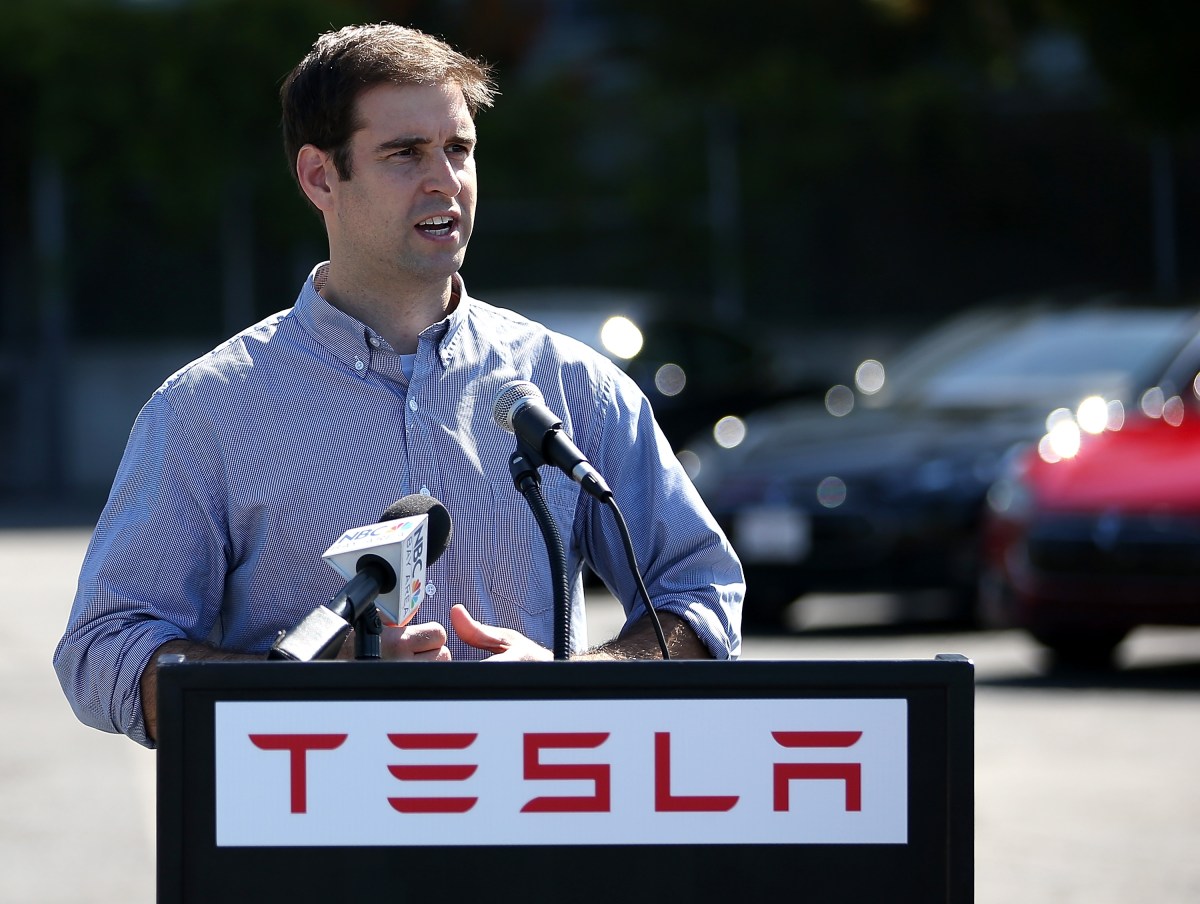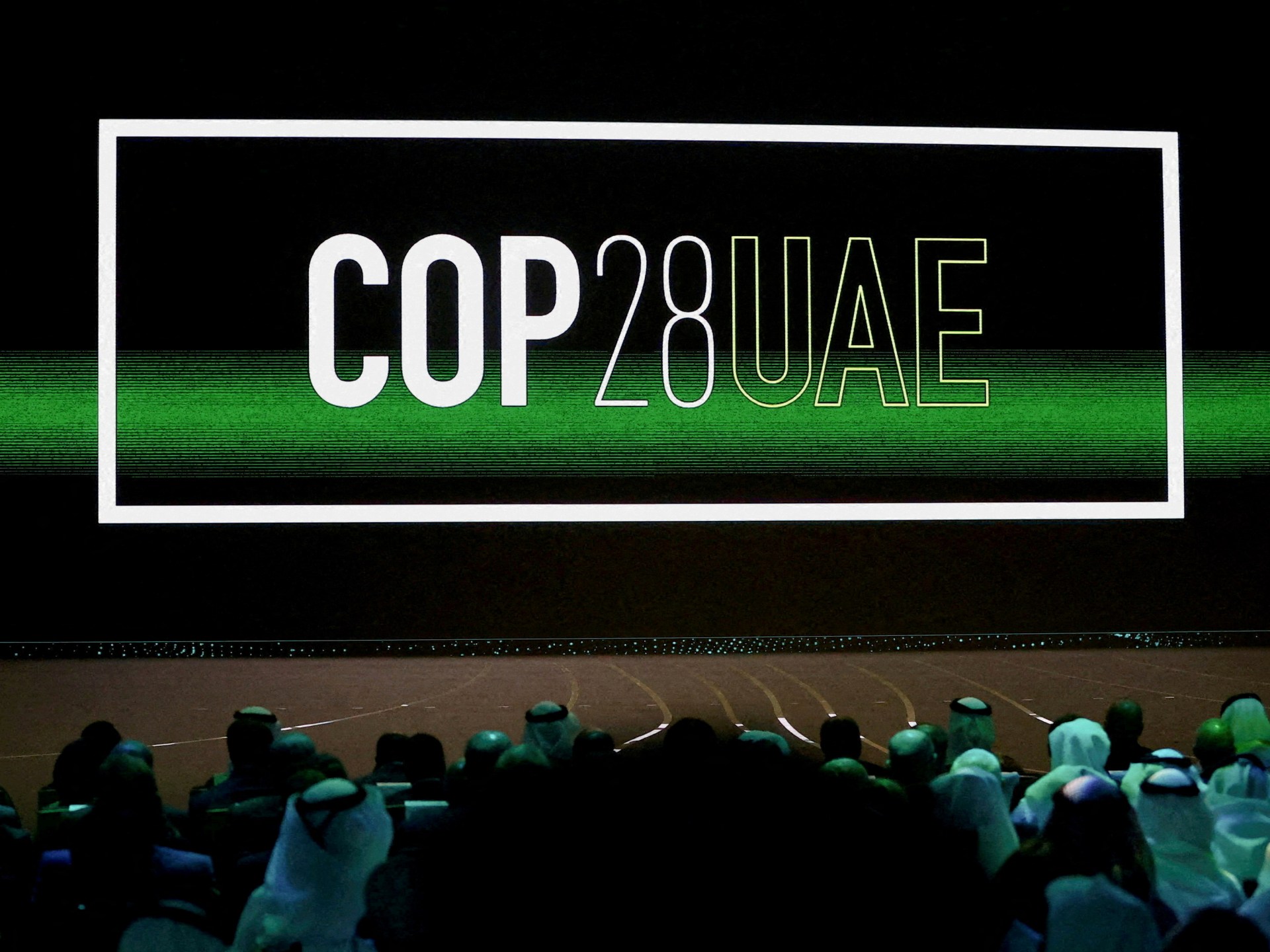We need to debate EU again
He said that everyone had something else in mind when they think about the European Union, noting that some wanted the EU to find a job, while some wanted it in order to sell their goods. He said it was normal that everyone’s opinion on the EU was different, but noted that what really was abnormal or really dangerous was that no one was thinking or willing to debate the responsibilities and sacrifices they had to make to ensure membership.
He said: "Come on. Let’s discuss it until Dec. 17."
He is a very polite individual and that was why he did not openly say, "With this attitude, we’ll never complete the negotiation process," but that’s what he meant.
We should open this matter a little further. The point Cicek tried to emphasize is very important.
The problem is that the public, our commentators, experts, politicians, program producers, even those who are very vocal in debating the EU have no idea what becoming an EU member entails or what their responsibilities are.
A very long negotiation process will begin on Dec. 17. No matter how many preconditions are set at the EU summit or which negotiation process is followed, a new era will start after getting a date to start the negotiations.
These negotiations will be very different from our experiences in the past four years. Compared to the ones we will face, the obstacles we overcome in trying to fulfill the Copenhagen Criteria will look very minor.
On the eve of beginning this very long journey, we need to be aware of what sacrifices are expected of us and how we intend to overcome all obstacles.
Knowing about the requirements is not enough.
We also need to debate whether we are willing to make these sacrifices and accept them.
We still think that we will negotiate certain issues with the EU. We define the word "negotiations" like it was some bargaining process where we will accept what we like and reject others.
However, there will be no bargaining.
The matters that will be talked about will be how fast we will implement the written rules of the EU, like the agricultural, environmental, energy, banking and industrial regulations, and how much financial and technical help we will need in this process.
This will not be bargaining.
The perception among the public is very different. We tend to become oversensitive on almost all issues. We see the EU as an adversary. We describe them as a group that tries to divide and colonize us and interferes in affairs that are no business of theirs. Every measure implemented in the name of harmonization is defined as a "sacrifice," and an attack against our honor.
If we continue in this way, the negotiations will never end. This would make those countries that don’t want see Turkey as a member very happy. Eventually, we will tire of all the effort and be willing to settle for "special status," instead of full-membership.
That’s why, before starting on this road, we need to know what the EU means and the sacrifices it involves.
If we are not able to meet these challenges, we should quit now and stop heightening the people’s expectations.
Let’s not forget the fact that it is us who want to become EU members.
Let’s not forget that, with the national program and the decision taken by governments and parliaments until now, we made some solid promises.
Let’s not forget that becoming a full member of the EU means becoming a part of a system. All policies need to be made in Brussels, not in Ankara.
In many issues, we will share our sovereignty. The policies of the country will not change with changing governments. EU policies will dominate.
As a society, we need to let go of many peculiarities. Instead of thinking of how to subvert the law, we will have to obey the written word and accept them.
Cicek, rightfully, stressed this matter.
Let’s see if anyone listens.



